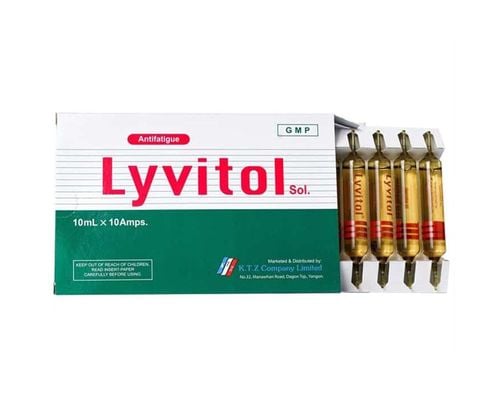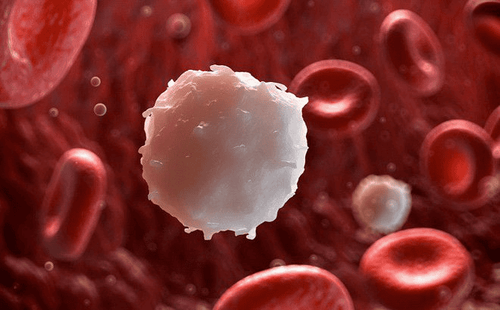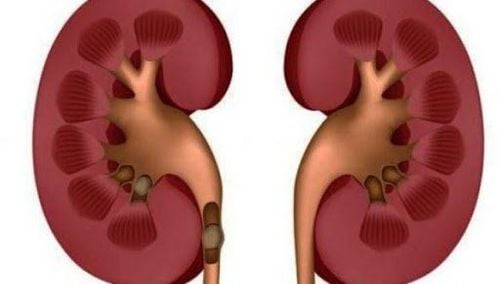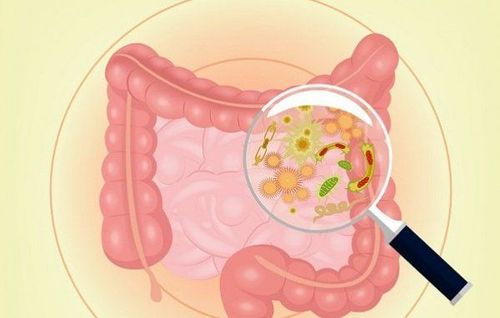This is an automatically translated article.
Fish odor syndrome is the human body emitting a fishy odor similar to that of fish. The cause of the disease is a metabolic disorder, the substances excreted through sweat, urine, secretions and breath cause an unpleasant fishy odor for those around. The syndrome does not pose a threat to health, but has serious psychological and social effects.1. What is fish odor syndrome?
Trimethylaminuria is a rare genetic syndrome, currently affecting about 600 people worldwide. The cause is a metabolic disorder, which is more common in women.Metabolic syndrome is when the body does not metabolize trimethylamine found in fishy foods (such as fish, eggs, liver, beans, some vegetables) when ingested, causing the chemical to build up inside the body. , especially the liver before it is excreted through sweat, urine and breath, leading to the fishy odor characteristic of this syndrome. Even if the patient has used all measures such as bathing regularly, cleaning several times a day, the smell still cannot be eliminated. At that time, the person who stinks of rotten fish can have serious social and psychological problems.
The body odor of fish can begin to appear in adulthood. In others, fish odor syndrome appears only temporarily and gradually disappears as the child gets older. The intensity of the odor can vary and also varies from time to time in the affected person.
2. What causes fish odor syndrome?
Causes of fish odor syndrome include:Fish odor syndrome is caused by a mutation in the FMO3 gene. Normally, trimethylamine is converted to odorless triethylamine oxide by the enzyme FMO3. However, in the case of people with fish odor syndrome, this gene is completely absent or faulty, thus leading to a gradual accumulation of trimethylamine in the body causing the body to smell like fish. In most cases of fish odor syndrome, the faulty FMO3 gene is usually inherited, inherited from both parents. Other causes of fish odor syndrome are the excessive presence of certain proteins or an increase in the bacteria in the stomach that produce trimethylamine, kidney or liver dysfunction that causes the FMO3 enzymes to not work properly. lead to fish odor syndrome. In addition, stress and an unhealthy diet have also been shown to be a cause of developing fish odor syndrome or trimethylaminuria.

Căng thẳng và chế độ ăn uống không lành mạnh cũng cho thấy là một nguyên nhân phát triển hội chứng mùi cá hay trimethylaminuria
3. Diagnosis and treatment of fish odor syndrome
3.1 Diagnosis Fish odor syndrome is diagnosed through a urinalysis to measure the amount of trimethylamine and trimethylamine oxide in the body. If the trimethylamine level is higher than trimethylamine oxide, a confirmed diagnosis of fish odor syndrome or trimethylaminuria can be confirmed. The test is done after the patient has eaten fishy food to be correct in the diagnosis of fish odor syndrome or trimethylaminuria.In addition, fish odor syndrome can be diagnosed by genetic testing to find out an abnormality of the FMO3 gene that causes fish odor syndrome or trimethylaminuria.
3.2. Treatment Currently, there is no specific treatment. Therefore, only limiting odors by building a strict diet, avoiding foods with high trimethylamine content, enhancing hygiene, and using deodorants. Currently, there is only one way to reduce odor by increasing hygiene, which can reduce up to 80% of body odor. In addition, there are certain medications that can be prescribed to reduce the amount of trimethylamine in the body.
Measures to limit body odor such as:
Avoid choline-rich foods such as cow's milk, eggs, fish, avocado, liver, peas, peanuts, broccoli, cabbage, cauliflower and seafood . Food plays a very important role, so the patient must apply a special diet, especially abstaining from foods with high trimethylamine content. Use low doses of antibiotics. Antibiotics can help clear the bacteria that help produce trimethylamine from the stomach leading to a reduction in the accumulation of trimethylamine in the body and thus reducing the symptoms of fish odor syndrome.

Dùng liều thấp thuốc kháng sinh có thể giảm thiểu các triệu chứng của hội chứng mùi cá
Please dial HOTLINE for more information or register for an appointment HERE. Download MyVinmec app to make appointments faster and to manage your bookings easily.













